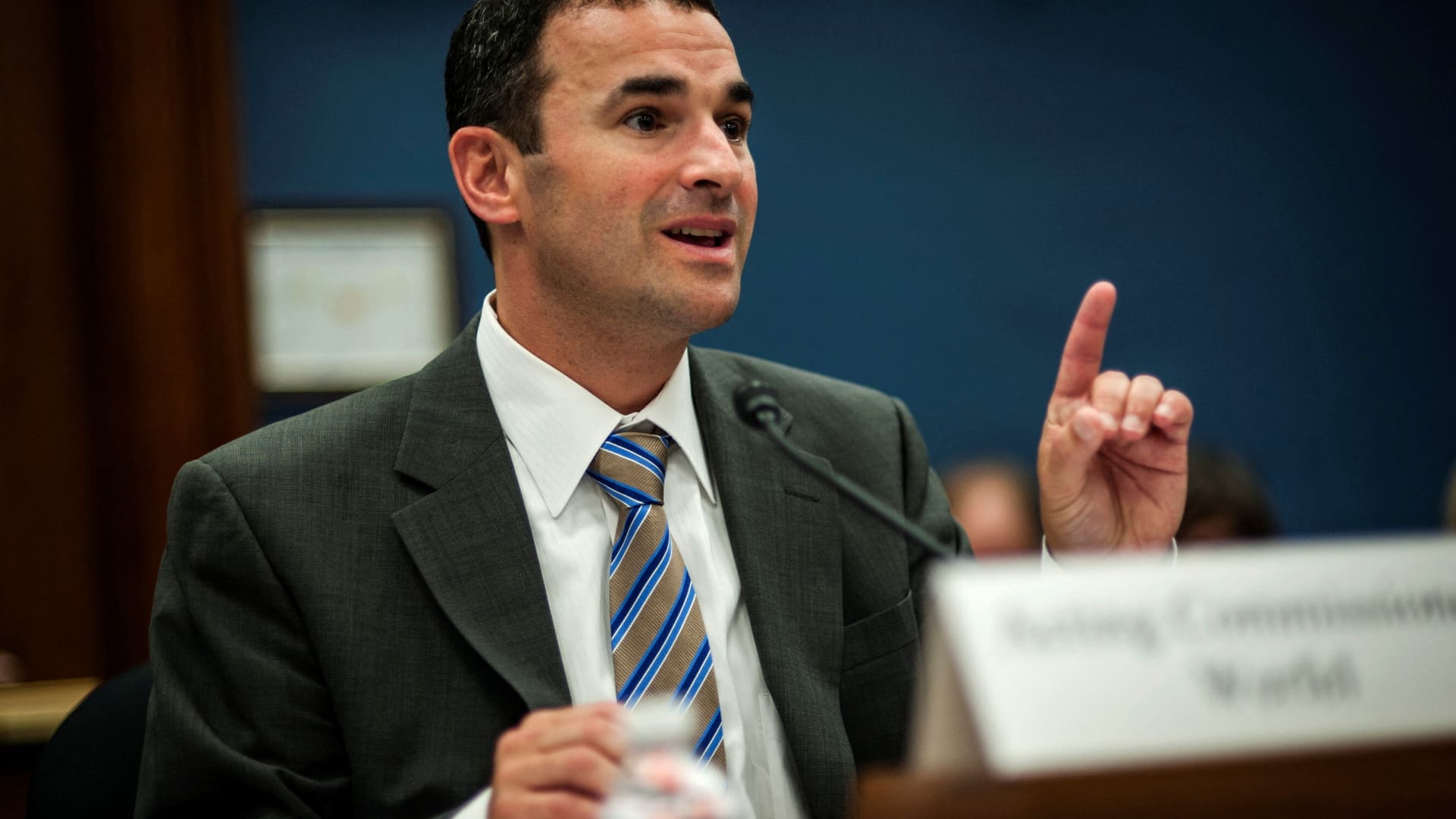Products You May Like
The IRS is shifting how it examines tax returns of lower earners as part of its broader effort to fix inequity in enforcement.
Starting in fiscal year 2024, the agency will “substantially” reduce the number of so-called correspondence audits — which happen by mail — for certain tax credits. This includes the earned income tax credit, claimed by low- to moderate-income filers, according to a letter sent on Monday by IRS Commissioner to Senate Finance Committee Chair Ron Wyden, D-Oregon.
The letter comes roughly one week after the IRS unveiled plans to use boosted technology and artificial intelligence to collect unpaid taxes from higher earners, partnerships and large corporations.
More from Personal Finance:
IRS halts processing of a small business tax break
The IRS plan to use AI may affect wealthy taxpayers
Black taxpayers more likely to face audits, IRS confirms
“It’s part of this whole rebalancing,” said Chuck Marr, vice president for federal tax policy at the Center on Budget and Policy Priorities. “They’re using resources to reverse the precipitous decline in enforcement at the top.”
They’re using resources to reverse the precipitous decline in enforcement at the top.Chuck MarrVice president for federal tax policy at the Center on Budget and Policy Priorities
Only 2% of Americans earning more than $5 million a year faced an audit in 2019, down from 16% in 2010, according to a report from the Government Accountability Office.
The IRS in May said that Black Americans are significantly more likely to face an audit, confirming earlier findings from economists from Stanford University, the University of Michigan, the U.S. Department of the Treasury and the University of Chicago.
Findings show the earned income tax credit has contributed to this disparity and the IRS has been weighing policy changes to address the issue.
The IRS aims to curb correspondence audits for the earned income tax credit by helping taxpayers file more accurate returns upfront, which will “increase payment accuracy while reducing administrative burdens for the IRS and the tax filer,” according to the letter.
However, experts are still waiting for details about how these policy changes will be implemented.
Scrutiny of the earned income tax credit
Generally, refundable tax credits, such as the earned income tax credit, face more scrutiny because filers can still receive a refund without taxes owed.
More than 26 million low- and middle-income taxpayers received the earned income tax credit during tax year 2019, according to the National Taxpayer Advocate’s 2022 annual report to Congress. However, during fiscal year 2020, over $16 billion of the credit was improperly claimed, according to the report.
The reason for errors is the tax break’s complexity, which requires claimants to work and have a qualifying child, according to Janet Holtzblatt, a senior fellow at the Urban-Brookings Tax Policy Center.
“Defining care is a challenge,” she said.
For example, a child can have multiple caretakers throughout the year and it can be difficult to match the credit with the right caretaker.
